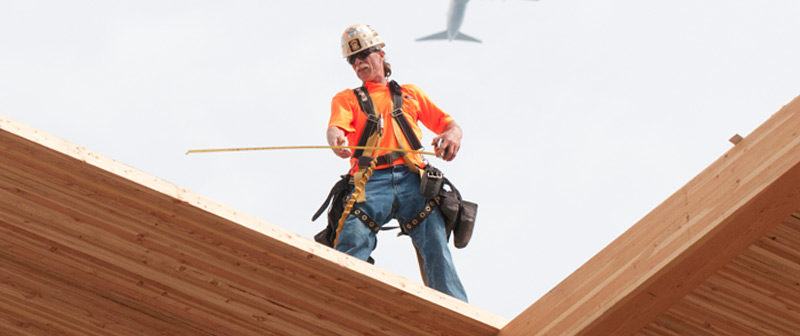
Includes products with pre- or post-consumer recycled content; wood reclaimed from old buildings and other structures; adaptive reuse of wood buildings; as well as wood salvaged from urban forests, orchards, or similar sources.[1]
Recycling, reclaiming and reusing wood has multiple carbon-related benefits:
Traceability and transparency may apply only on a limited basis or not at all to recycled/reclaimed/reused products, but it is more important for salvaged wood depending on the source. Project teams may want to consider asking for third party validation of claims for these products, such as:
[1] Salvage logging after fires, insect infestation, and other natural disturbances is sometimes controversial and should not automatically be considered “climate smart.” Salvage logging after fires, insect infestation, and other natural disturbances is a case by case consideration. Only salvage logging within ecologically restorative forest management plans that are attempting to maintain the restorative values associated with that stand should be considered climate smart.
©2025 Climate Smart Wood Group. All rights reserved. Privacy Policy
